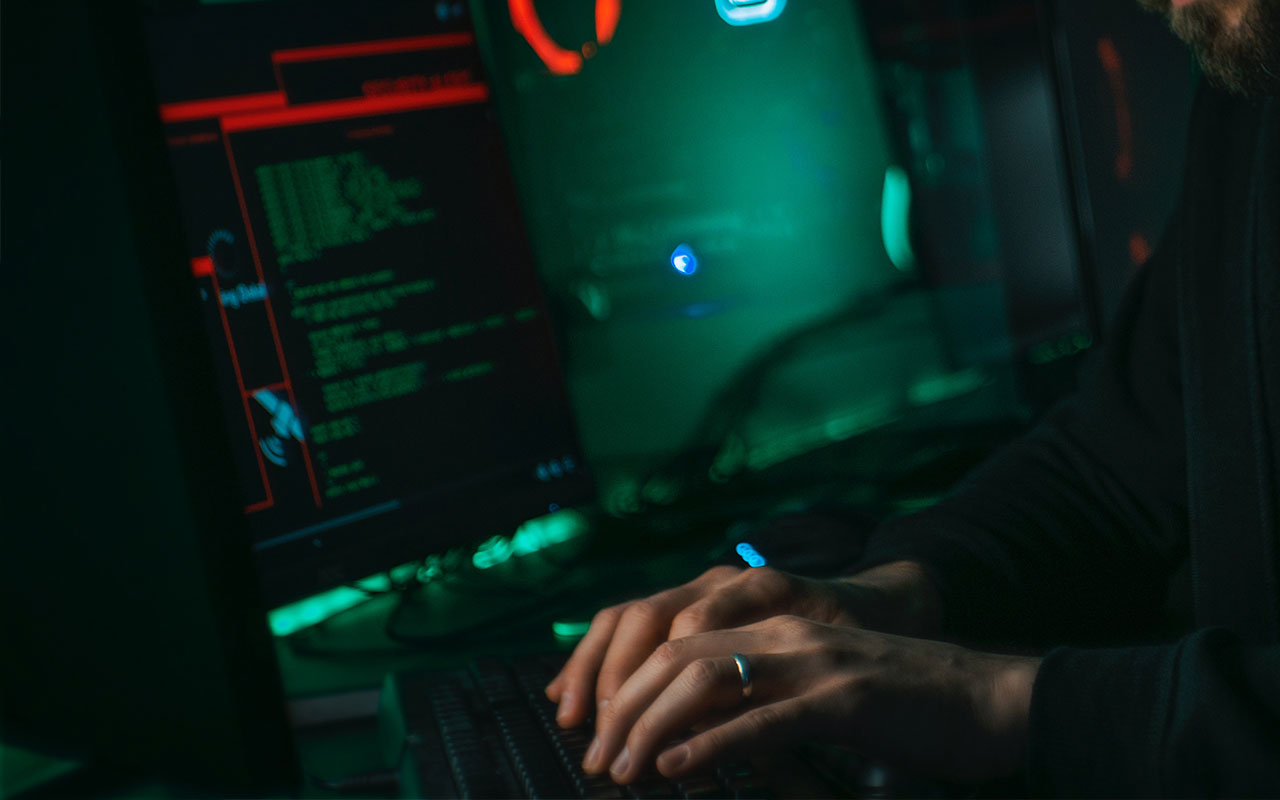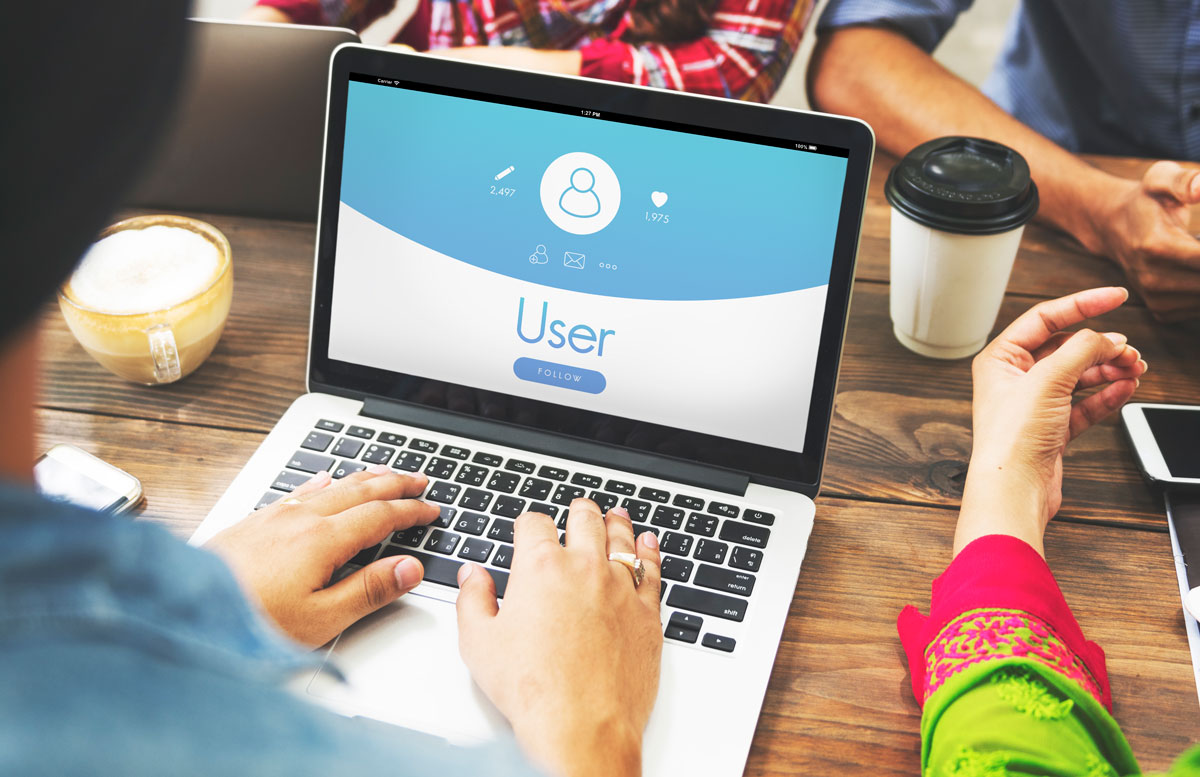You may be wondering why cyber threats continue to endure today, even despite all the advancements we’ve made in cybersecurity. But the truth is, we are all susceptible to hackers. Your personal information, intellectual property, bank accounts and work information might be exactly what they want to target. And despite it becoming more and more common for accounts, credit, and data to get stolen, it’s essential to do your part to make sure it doesn’t happen to you. With technology evolving so quickly, we don’t always know how often we’re leaving ourselves open to online fraud, scams and theft.
It’s time to take a realistic overview of the security systems you currently have in place.
Delete, Delete, Delete.
If a hacker were to break into your email, what would they find? What information do you have stored in obvious (and not so obvious) places in your email folders? It’s important to use the time you have right now to start deleting anything that you wouldn’t want in the hands of a stranger.
Pay particular attention to emails and documents containing sensitive information like bank statements, tax returns, and anything that could make it easier for a hacker to get access to your financial/business accounts. While you’re at it, make sure you delete any incriminating photographs, too.
Use Passphrases, Not Passwords
Switching to passphrases, instead of passwords, is the perfect way to strengthen security and make it more difficult for hackers to memorize words. While we’ve been accustomed to create eight-character passwords that maybe have a number and a special character, they’re notoriously hard to remember and increasingly easier to hack. Modern security practices are now moving toward passphrases.
An example of this might be a favorite quote or song lyric. It doesn’t need to be a complete sentence, but it should be something that you can remember and be longer than 14 characters. The primary difference is that a passphrase is longer and more significant which also makes it considerably harder for a human or robot to crack.
Backup. Everything.
As well as making backup copies regularly, you should ensure that they are kept in a safe place: putting them on an external drive should be sufficient. Be sure not to leave them constantly connected, because if your computer becomes infected with any kind of malicious software, your backup files could become encrypted too (even if they are stored in the cloud). If your computer becomes infected or files are stolen and/or copied – you don’t need to worry as hard since your backups are safe.

Upgrade Your Security Software
Yesterday’s security software is old news as hackers and other cyber criminals are continuing to become even more innovative. Last year’s security tech is simply not good enough. You need to ensure you have the latest malware and spyware protection, along with having a powerful up to date firewall. Don’t delay because cyber criminals are on the prowl, everyday.
Identify Deceptive Emails
Criminals will target you through email in order to gather personal information about you. Phishing attacks are becoming more sophisticated because attackers can portray themselves as someone you know. They’re able to do this because they’ve already gained access to your email account or address book. This attack targets our trust and aims to trick us into exposing information by posing as someone or an organization we trust.
Some things to watch for in email attacks include:
- deceptive email addresses – at first glance they appear to be legit, but are ultimately revealed to be fake, with spelling errors – for example using contact name @amaxon.com instead of @amazon.com
- attachments from someone you don’t know – they can contain malware files; not always obvious they can be .pdf or .doc files, as well as many other common files
- fake links – the text says the link will take you to ebay.com, but when you mouse over it (without clicking) it shows a different website is actually linked
- sense of urgency – anything that tells you that you need to click here immediately because of an emergency or urgent situation should be suspect
It’s pretty simple: if the internet is where the dangers are and being online makes you vulnerable, the more you’re online, the more you are at risk. Especially if you trust the internet, which unfortunately an enormous amount of us instinctively tend to do. Speak to Synchroworks today about how to ensure you are digitally safe and virtually protected.


